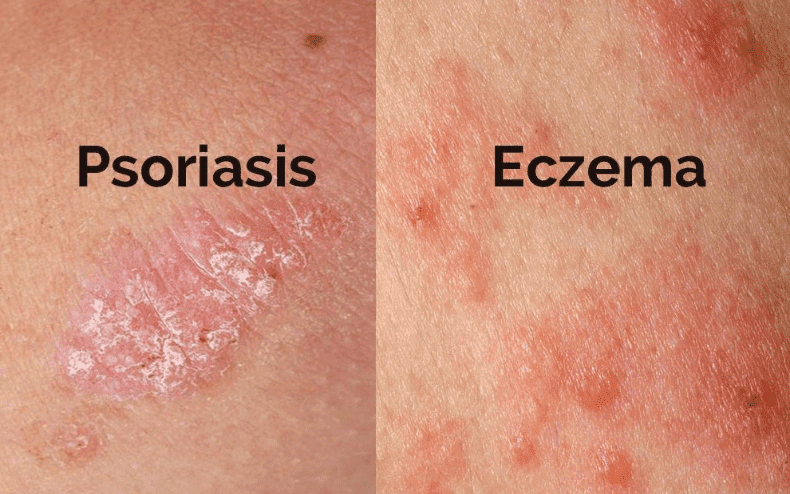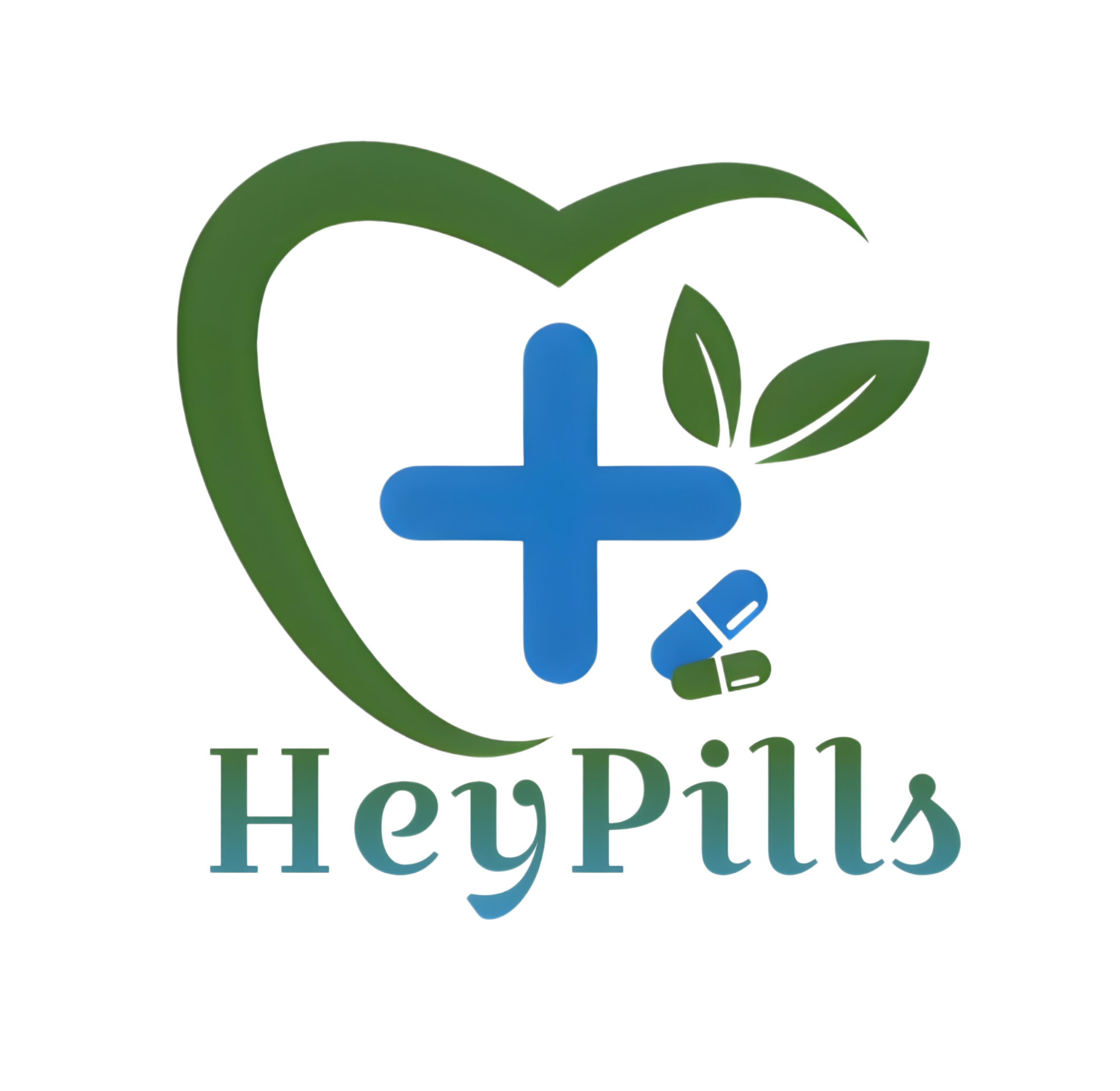If you or your loved one is suffering badly due to Eczema, then you need our specially formulated Homeopathy treatment for Eczema, tried and tested over the last 20 years to cure Eczema in 16-18 months.
See our specialists at any Welling Clinic in India or order online instantly from the link above.
Treatment of eczema with our CUREplus homeopathy medicines can help you get cured of eczema. Welling Clinic offers specially formulated homeopathy treatment to cure eczema permanently. The treatment protocol has been developed after exhaustive in-house research. Our clinics consult for more than 17,250 patients suffering from eczema globally, every year. Most of them are suffering from atopic dermatitis. Visit here for treatment of atopic dermatitis .
Can Homeopathy Cure Eczema Permanently?
Yes, CUREplus Homeopathy can cure Eczema permanently with custom-made Homeopathy medicines for Eczema from Welling Homeopathy Clinics.
- Our custom-made Homeopathy medicines for eczema has helped 7,230 patients globally,
- The Homeopathy treatment for eczema has cured the most widespread painful lichen planus,
- The treatment is non-steroidal, with no creams and no locations. Just natural Homeopathy medicines custom-made for your for faster recovery,
- Usually, we see a cure in 12-18 months, rarely requiring 24 months.
- The fastest and the safest way to get cured of eczema symptoms permanently.
Call +91 9999064336 to book an appointment or to consult and order online. Consult our specialists today for a detailed evaluation and to start your customised Homeopathy medicines for eczema.
If you have Atopic Dermatitis – Click here for Homeopathy treatment for Atopic Dermatitis.

What is Eczema?
Atopic dermatitis is also known as atopic eczema or eczema is a type of dermatitis, an inflammatory, relapsing, non-contagious, and itchy skin disorder. It is often chronic in nature.
Atopic dermatitis is a long-term skin disease.
Atopic– refers to a tendency to develop allergy conditions.
Dermatitis – means inflammation, swelling of the skin.
Atopic dermatitis is a common, often long-lasting skin disease that affects a large percentage of the world’s population. It is a special type of hypersensitivity that includes asthma, inhalant allergies (hay fever), and a chronic dermatitis (eczema).
In atopic dermatitis, the skin becomes extremely itchy and inflamed, causing redness, swelling, vesicle formation (minute blisters), cracking, weeping, crusting, and scaling. This type of eruption is termed eczematous.
In addition, dry skin is a very common complaint in almost all those afflicted with atopic dermatitis.
Although atopic dermatitis can occur in any age, most often it affects infants and young children.
Causes of Eczema
- The cause of atopic dermatitis is not known, but the disease seems to result from a combination of genetic (hereditary) and environmental factors.
- There seems to be a basic hypersensitivity and an increased tendency toward itching.
- Evidence suggests that the disease is associated with other so-called atopic disorders such as hay fever (seasonal allergies) and asthma, which many people with atopic dermatitis also have.
- It is important to understand that food sensitivities do not seem to be a major factor with most atopic dermatitis.
- Patients with atopic dermatitis seem to have mild immune system weakness.
- They are predisposed to develop other skin infections.
- While emotional factors and stress may sometimes exacerbate the condition.
Symptoms of Eczema
Atopic dermatitis looks different in infants, children, and adults.
The following gives you the signs (what you see) and symptoms (what you feel) for each age group.
Infants:
It can occur as early as at 2 or 3 months of life, it often causes:
- A rash that appears suddenly and makes the skin dry, scaly, and itchy.
- Rash forms on the scalp and face, especially on the cheeks (can appear on other areas of the body).
- Rash can bubble up, then ooze and weep fluid.
- Rash causes itching that may come and go.
- Rubbing against bedding, carpeting, and other things in order to scratch the itch.
- Trouble sleeping.
- Skin infections, common due to rubbing and scratching.
Eczema in Children
It occurs between 2 years of age and puberty, the child often has these signs and symptoms:
- A rash that often begins in the creases of the elbows or knees. Other common places for the rash to appear are the neck, wrists, ankles, and/or crease between the buttocks and legs.
- Itchy, scaly patches where the rash appeared.
- Thicken, turning leathery to protect itself from constant scratching.
- Develop knots (only on the thickened skin).
- Itch all the time (only on the thickened skin).
Eczema in Adults
It is rare for adults to get AD. Most people (90%) get AD before age 5. About half (50%) of people who get AD during childhood continue to have milder signs and symptoms of AD as an adult. When an adult has AD, it often looks different from the AD of childhood. For adults, AD often:
- Appears in the creases of the elbows or knees and nape of neck.
- Covers much of the body.
- Can be especially noticeable on the neck and face.
- Can be especially bad around the eyes.
- Causes very dry skin.
- Causes non-stop itch.
- Causes scaly skin — more scaly than in infants and children.
- Leads to skin infections.
If a person has had AD for years, patches of skin may be thick and darker than the rest of the skin (or lighter). Thickened skin can itch all the time.
Adults who had AD as a child and no longer have AD can have the following:
- Extremely dry skin.
- Skin that is easily irritated.
- Hand eczema.
- Eye problems (eczema on eyelids, cataracts).
Types of Eczema
Atopic Dermatitis
It is a chronic skin disease characterized by itchy,inflamed skin.
Causing factors are;Environmental factors like dust,soap,perfumes.
It tends to run in families and people who develop the condition often have a family history of other allergic conditions such as asthma or hay fever.
Contact Dermatitis
It is a localized reaction that includes redness,itching and burning in areas where skin has come into contact with an allergen.
Seborrheic Dermatitis
It is characterized by yellowish,oily,scaly patches of skin on the scalp,face and occasionally other parts of body.
Dandruff and “Cradle Cap” in infants are the examples of it.Emotional stress,oily skin,infrequent shampooing and weather conditions may all increase the risk.
Nummular Dermatitis
It is characterized by coin shaped patches of irritated skin.Mostly located on arms,back,buttocks and lower legs.
Neurodermatitis
(Lichen Simplex Chornicus) It is a chronic skin inflammation caused by scratch itch cycle that begins with a localized itch,becomes intensely irritated when scratched.Women are more commonly affected.
Stasis Dermatitis
It is a skin irritation on lower legs.Generally related to circulatory problems (venous insufficiency).Most common in middle-aged and elderly people.
Dyshydrotic Dermatitis
It is an irritation of skin on palms and soles,characterized by clear,deep blisters that itch and burn.The cause is unknown.
Diagnosis of Eczema
Atopic dermatitis is generally diagnosed based on a physical examination and visual inspection of the skin by a physician or dermatologist.
Additionally, the history given by the patient and contributory family history help to support the diagnosis. A physician may ask about any history of similar rashes and other medical problems, including hay fever (allergies) and asthma.
Allergy testing is most helpful for people with atopic dermatitis who also have respiratory allergies or asthma.
Physician may recommend allergy testing to find out what might be causing your atopic dermatitis.
Testing can also help find out if certain foods, such as eggs or nuts, are making the condition worse.
Which Is Best Treatment For Eczema?
The treatment of Eczema can be well-managed by following all three steps below, and keeping up with skincare, even when eczema seems to be in control.
3 Steps to Eczema Management:
- Bathing and moisturizing to repair skin barrier – Follow these bathing steps to hydrate the skin, at least once a day, and up to three times a day when the skin is flared.
- A bathtub or bathing basin for babies or toddlers
- An emulsifying oil (optional)
- a gentle cleanser
- a moisturizer
- prescription treatments, e.g. topical corticosteroids, etc, if necessary
- a soft natural fiber towel
- Prescription treatments to reduce inflammation and bacteria :
- Anti-inflammatory topical treatment – Tropical corticosteroids, Topical Immunomodulators.
- Trigger avoidance to reduce flare ups.
Homeopathic Treatment For Eczema
The Homeopathic medicines for Eczema have to be specific to every individual person. That is the reason a detailed history is required to customise the treatment of Eczema.
One of the most effective ways to treat eczema is with homeopathy. This is a holistic medical practice that treats the person as a whole, recognizing that every person is unique.
Factors that cause an illness and the different reactions to these factors are very important in homeopathy. These factors include infections, emotional stress, lifestyle or diet conditions, hereditary defects or ailments, and physical and psychological patterns. Symptoms are most often manifested when one is exposed to stimuli stronger than his/her vitality and immune system.
In Eczema (and also in other illnesses) all symptoms that are caused by underlying factors that must be discovered and treated in order for the symptoms to disappear permanently.
Simultaneously clearing up associated allergies or overall immune weakness, If eczema co-exists or alternates with asthma or hay fever, merely treating the skin will not resolve the whole syndrome.
Best Homeopathic Medicines For Eczema
As a senior Homeopathy doctor, I would like to recommend the five best Homeopathy remedies for eczema. These remedies are chosen based on the specific symptoms and personality traits of the patient. Here are the five best remedies for eczema:
- Graphites: This remedy is useful for patients who have eczema with oozing and sticky discharge. They may also experience a burning sensation and extreme itchiness. Graphites patients tend to be slow-moving and have a tendency to feel sad or anxious.
- Sulphur: This remedy is best suited for patients who have dry and itchy skin with a tendency to worsen at night. The skin may also have a reddish appearance and may emit a foul odor. Sulphur patients tend to be irritable, restless, and may suffer from insomnia.
- Rhus Tox: This remedy is useful for patients who have eczema with intense itching and burning sensation, which may be relieved by warm water or heat. They may also have blisters or redness on the skin. Rhus Tox patients tend to be restless and may suffer from anxiety and restlessness.
- Natrum Muriaticum: This remedy is specific to patients who have eczema around the eyes and mouth, which may be accompanied by a burning sensation. They may also experience dry and cracked skin. Natrum Muriaticum patients tend to be reserved, introverted, and may suffer from grief or depression.
- Arsenicum Album: This remedy is useful for patients who have eczema with a burning sensation and extreme itchiness, which may be worse at night. They may also have a fear of being alone and may suffer from anxiety and restlessness. Arsenicum Album patients tend to be perfectionists and may have a tendency to worry excessively.
It is important to note that Homeopathy remedies should be prescribed based on the individual symptoms and personality traits of the patient. Therefore, it is recommended to consult with a qualified Homeopathy practitioner before taking any remedies.








